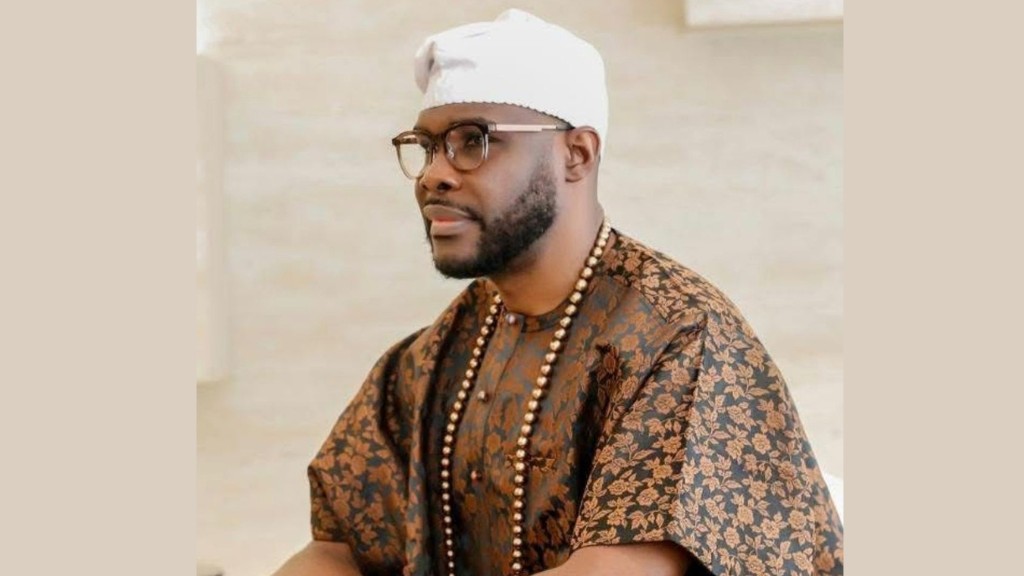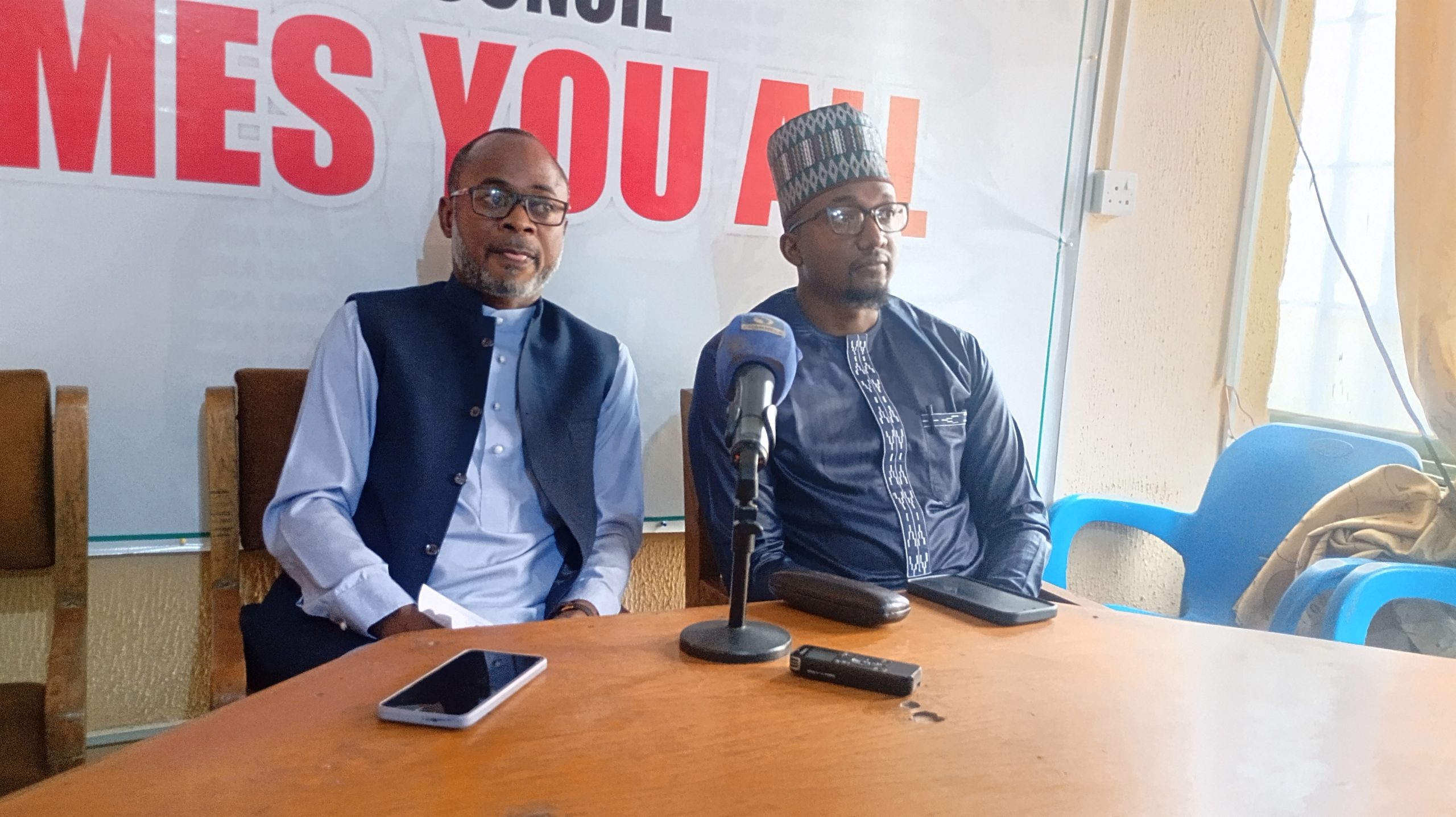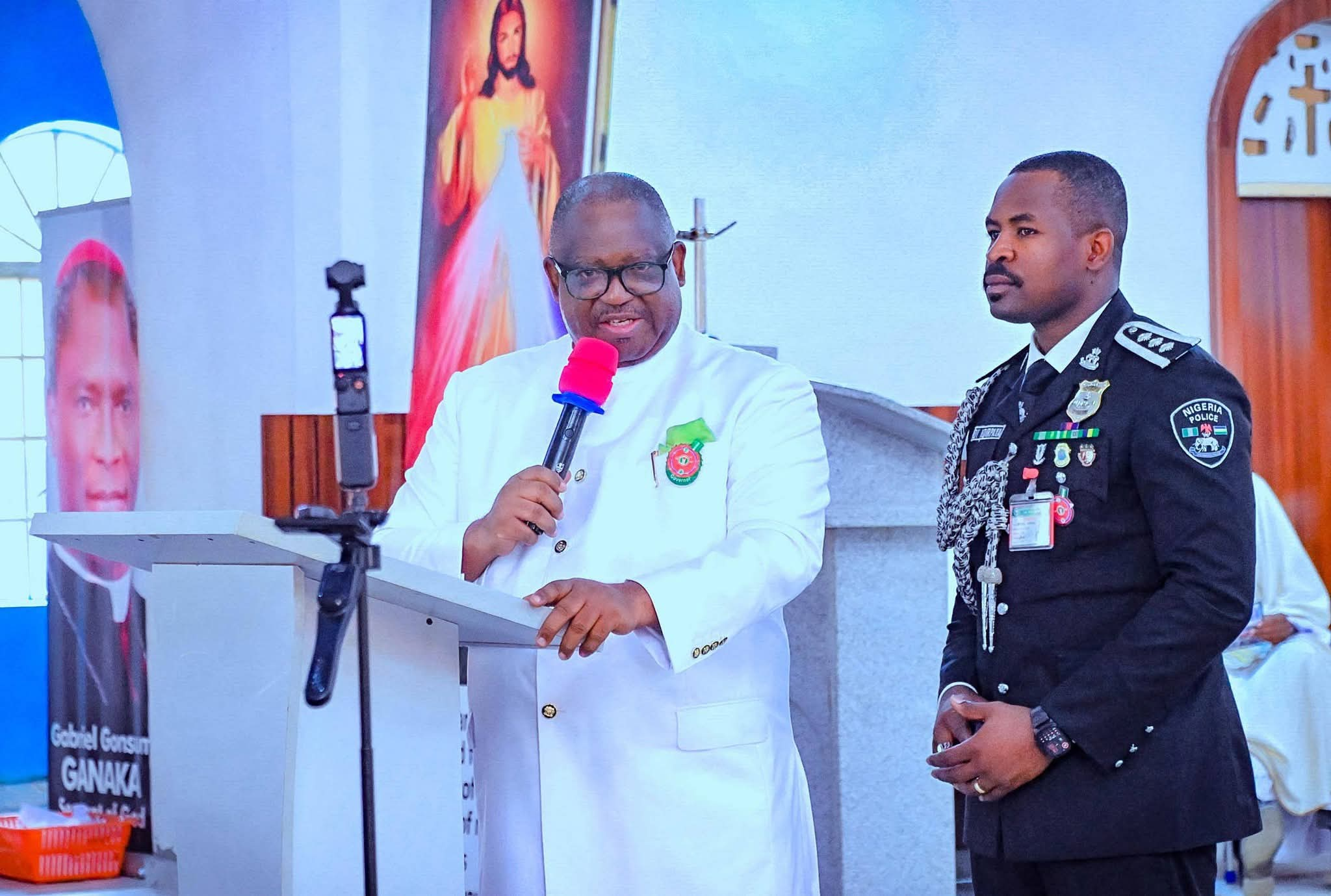An academia, Dr Nduneche Ezurike has urged African governments and institutions to confront the growing problem of algorithmic bias in migration systems, warning that Artificial Intelligence (AI) and digital surveillance technologies are increasingly influencing how migrants are perceived, categorised, and treated.
Speaking at the just-concluded 3rd International Conference of the College of Management and Social Sciences, Fountain University, Dr Ezurike, in his paper titled: ‘Migrant Identity in the Age of Artificial Intelligence: Technology, Surveillance, and Belonging’, cautioned that AI-driven systems are making invisible yet far-reaching decisions that affect migrants’ rights, dignity, and sense of belonging.
He noted that migrants are increasingly being reduced to data points in opaque systems rather than recognised as individuals with unique histories and aspirations.
He warned that without urgent intervention, the continent risks entrenching large-scale automated discrimination.Highlighting the growing use of technologies such as facial recognition, predictive analytics, and biometric surveillance at borders, Dr Ezurike expressed concern over the lack of transparency and accountability in their deployment by governments and international agencies.
He stressed the urgent need for the African Union to establish its ethical frameworks for the application of AI in migration and identity management to ensure fairness, inclusivity, and respect for human rights.
In his keynote address, Pro-Chancellor and Chairman of the Governing
Council at Obafemi Awolowo University, Prof. Siyan Oyeweso, underscored the importance of democratising digital access.
He called on governments and institutions to treat digital connectivity as a fundamental right, advocating policies that promote inclusive technology access, digital literacy in local languages, and gender-sensitive training.
According to him, Africa must invest in compassionate technologies and inclusive digital communities, while fostering in its youth the understanding that identity should be rooted in culture rather than conflict.
Chancellor of Abdul-Rasak Abubakar Toyin University, Prof. Abdul-Rauf Ambali, emphasised that information and communication technology, alongside digital platforms, holds immense potential for driving sustainable development in Africa.
He also noted that digital governance can strengthen inclusive growth, enhance accountability, and boost economic resilience.
Host Vice Chancellor, Prof. Olayinka Ramota Karim, reiterated this vision, while Dr Raheemat Adeniran, Dean of the Faculty of Management and Social Sciences, described the gathering as a strategic platform for examining pressing global challenges through localised perspectives.
The conference also served as a reaffirmation of Fountain University’s commitment to academic excellence with global relevance.






